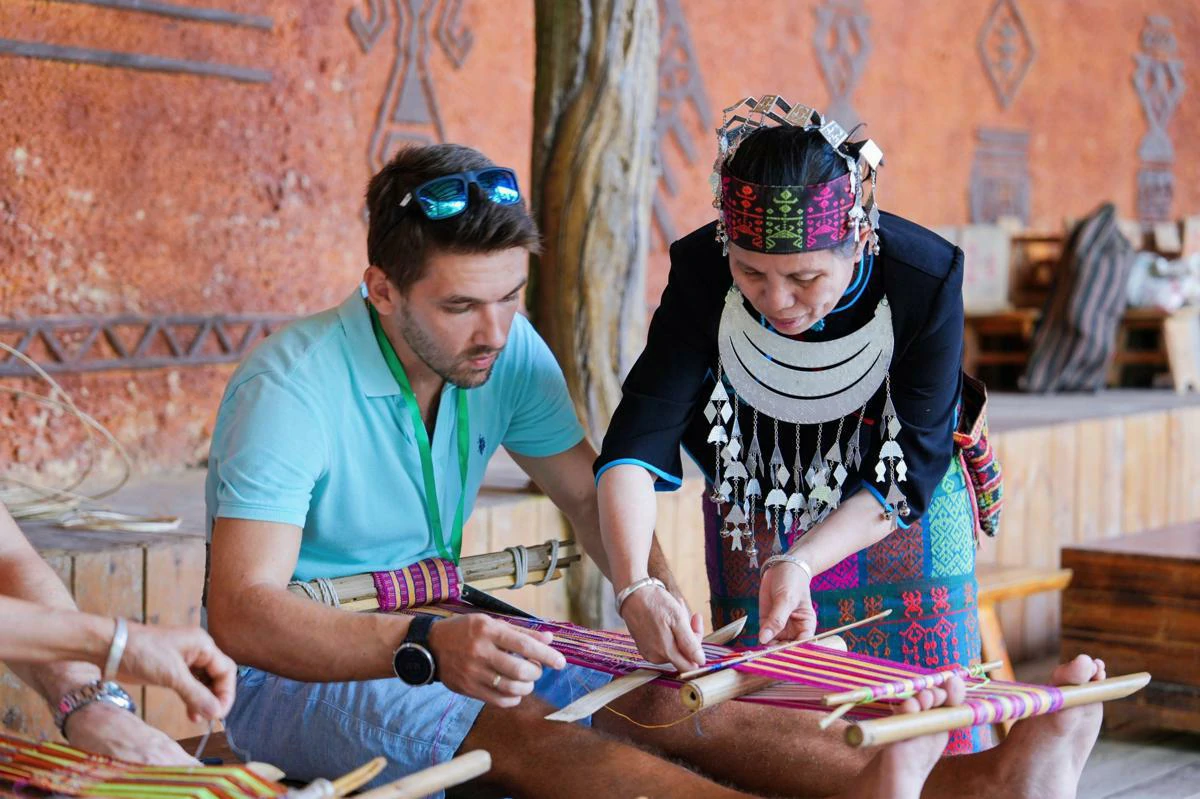
September 8, 2025
Immerse in Chinese Language, Embrace Chongqing City
The university is located in the vibrant mountain city of Chongqing, featuring advanced teaching facilities and spacious learning environments. ...

August 28, 2025
Program brings fine Chinese art to the UK
Nine original Chinese productions staged a total of 37 performances at the Edinburgh International Festival and the Edinburgh Fringe from Ju...

September 22, 2025
High Success Rate! Study Chinese Language in Chongqing
Dear agents, applications are now open for the one-year Chinese Language Program at Chongqing for the 2025 Autumn intake. This program is a great op...

December 25, 2025
The Ultimate Study Guide Ace Your CSCA Exam
CSCA Exam Preparation Noticing the buzz around the CSCA exam for undergraduate studies in China? With the new at-home online testing option, many stu...

December 25, 2025
Chinese Language Scholarship in Historic Xian
Why Study here? This university is located in Xi'an, Shaanxi—a historic and cultural city in China. It is home to the world-renown...

December 23, 2025
2026 the 15th EGPC Opens for Registration Now!
2026 the 15th EGPC Opens for Registration Now! Dear EDUPRCHINA Agents, You are cordially invited to the 15th Educational Global Partners Confer...

December 3, 2025
A Detailed Comparison between HSK 3.0 and HSK 2.0
As the new HSK standards and materials roll out, it’s time to get ahead of the changes-especially if you’re planning to take the exam in t...

August 4, 2025
0 Tuition Fee Bachelor Program! High Success Rate!
Program Details Basic Information: Majors & ID: 1. Data Science & Big Data Technology (CBE25060928761) 2. Logistics Management (CBE250...

October 23, 2025
Artisans capitalize on China's legacy cultural capital
Traditional Chinese craftsmanship such as embroidery, ceramics and lacquerware, valued highly around the world, has been spreading Chinese c...

December 5, 2025
Global students discover Guangxi's culture and community spirit
Samuel James Stephen Meston, a 23-year-old UK student at Peking University, never expected that a trip to a border city in Southwest China would res...
Popular Articles

Immerse in Chinese Language, Embrace Chongqing City
September 8, 2025

Program brings fine Chinese art to the UK
August 28, 2025

High Success Rate! Study Chinese Language in Chongqing
September 22, 2025

The Ultimate Study Guide Ace Your CSCA Exam
December 25, 2025

Chinese Language Scholarship in Historic Xian
December 25, 2025

2026 the 15th EGPC Opens for Registration Now!
December 23, 2025









